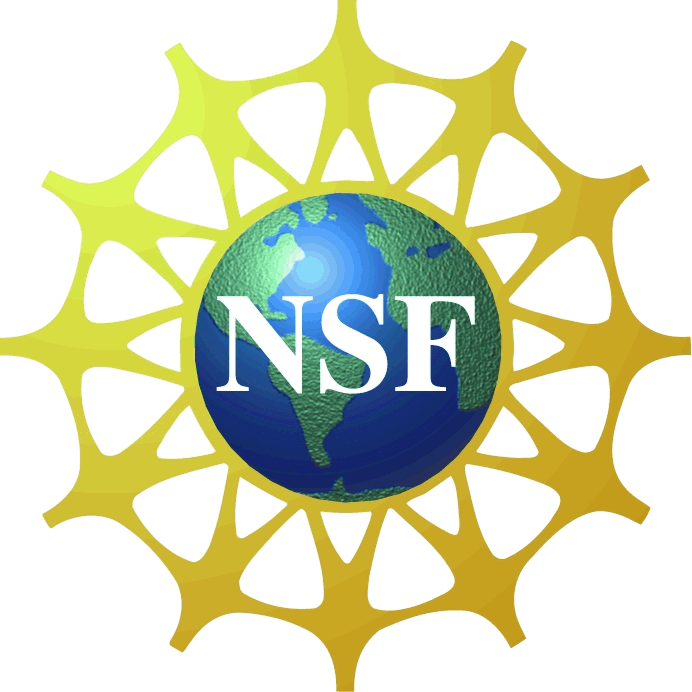Video Bioinformatics NSF IGERT Fellow Geoffrey Harlow and Albert Cruz Wins NSF 2013 Video and Poster Competition
Graduate students Geoffrey Harlow (botany and plant sciences) and Albert Cruz (electrical engineering) teamed up to win the National Science Foundation 2013 IGERT (Integrative Graduate Education and Research Traineeships) Video and Poster Competition for their entry, "Pillars of Plant Cell Polarity: 3-D Automated Microtubule Ordering and Asymmetric Cell Pattern Analysis."
Along with a $2,000 award from the NSF for professional development, Harlow and Cruz (who also won the award in 2012) are invited to the National Science Foundation headquarters in Arlington, Virginia, on June 11, 2013, to be recognized in an all-day awards ceremony, video and poster session, and series of discussions about career opportunities for IGERT graduates.
The morning portion of the event will include IGERT alumni panelists who will share their career paths and advice for current IGERT trainees, during which Harlow and Cruz will display their posters. In addition, their video will be on display on NSF's video monitors. Following the poster session, the NSF will host a World Café Roundtable-style discussion of career opportunities for trainees in the industry, government, NGO, startup, and academia sectors. The event will conclude with an awards ceremony and informal networking session.
In their presentation, Harlow and Cruz describe their approach to understanding the molecular origins of cell polarity in leaves. They propose a novel procedure that could be used in other life and plant science studies to quantify microtubule orientation. They were the first to automate pavement cell phenotype analysis for cell polarity and microtubule orientation. These kind of breakthroughs in the signaling network regulating leaf cell polarity and development can propel science into the frontier of genetically modifying leaves to dramatically increase Earth's plant biomass. This can potentially help alleviate impending food shortages in the 21st century.
Cruz and Harlow are part of the Bioinformatics IGERT [http://www.cris.ucr.edu/IGERT/] at the Bourns College of Engineering, which is led by Bir Bhanu, Distinguished Professor of Electrical Engineering and Director of the Center for Research in Intelligent Systems. The interdisciplinary team, for the IGERT entry for Video Bioinformatics, included Harlow, Cruz, Bhanu, Shuo Li (a non-IGERT graduate student in botany and plant sciences), Professor of Cell Biology and Cell Biologist Zhenbiao Yang, and faculty and students from the Departments of Electrical Engineering and Botany and Plant Sciences.
Bhanu said, "There were only 25 NSF awards out of 124 submissions. This shows the quality of interdisciplinary research being carried out in the Video Bioinformatics IGERT at UCR. The impact of this IGERT program is huge in addressing challenging unsolved problems and creating new knowledge and applications at the interface of science and engineering."
The Bioinformatics IGERT integrates expertise from the life sciences, computer science, electrical engineering, and bioengineering to enable breakthrough capabilities in understanding biological processes that are by nature continuous and dynamic.
The nationwide NSF competition drew 124 submissions from 119 IGERT programs and 249 Ph.D. students nationally. The online video competition on www.igert.org, received over 16,500 "likes" on Facebook and over 39,000 unique visitors from over 153 countries. Additionally, news sites such as Scientific American, Nature, Red Orbit, and Yahoo have featured the competition.
View the winning poster and video at -- http://posterhall.org/igert2013/posters/370
|

 The UC Riverside NSF Integrated Graduate Education Research and Training (IGERT)
Program on
The UC Riverside NSF Integrated Graduate Education Research and Training (IGERT)
Program on